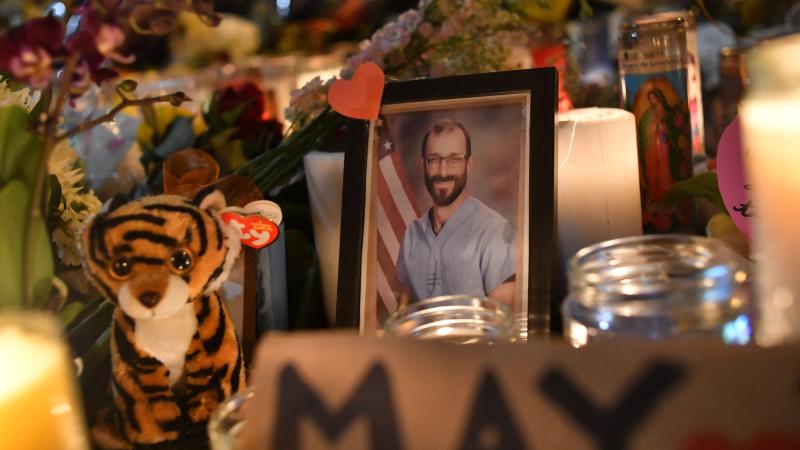Egyptian government arrests doctors and journalists over coronavirus criticisms
The state has arrested at least 10 doctors and six journalists for questioning official virus figures and the government's handling of the pandemic
The government of Egyptian President Abdel Fattah el-Sissi is stifling criticism of its handling of the coronavirus outbreak. Egyptian security agencies have reportedly arrested at least 10 doctors and a half-dozen journalists who have reported or questioned the practices of Egypt's delicate healthcare system during the pandemic.
Health workers say administrators have instructed them to remain silent or face government punishment. Several foreign correspondents have been summoned by officials for "professional violations."
Egypt is experiencing a surge in cases that threatens to overwhelm its hospital system. The Arab nation has recorded over 76,000 cases of the virus and 3,343 deaths, which is the highest toll in the region.
El-Sissi, who became president following a coup against Egypt's first democratically elected president seven years ago, says that critics of the country's handling of the virus are "enemies of the state."
Recently, the Egyptian government has collected medical supplies as the country prepares for an influx of patients. The military has established field hospitals and isolation centers with 4,000 additional beds. The government is also working to scale up testing and the distribution of face masks and PPE gear to front-line medical workers.
But the medical community remains in dire straits. Doctors are purchasing supplies with their modest salaries, and in some cases, being publicly blamed for the spike in virus cases.
Last month, Egyptian Prime Minister Mustafa Madbouly accused doctors of "negligence and mismanagement" during a televised briefing.
At least 117 doctors, 39 nurses, and 32 pharmacists have so far died from the virus, and thousands more have been sickened. Yet hospital directors are advising their staff that those who fail to show up to work will be labeled traitors and treated as national security risks.
"Even if a doctor is dying, he must keep working ... or be subjected to the most severe punishment," said a health deputy in the Nile Delta province of Beheira.
A U.N. advocate for rights in the Middle East told the Associated Press that "there is no appetite to address what is going on in Egypt, let alone sanction them in any way for what the government is doing to their own people."
Despite persistent and growing human rights abuses, Egypt remains a pillar of stability in the region that the international community count on to prevent regional geopolitical decay.
















